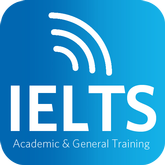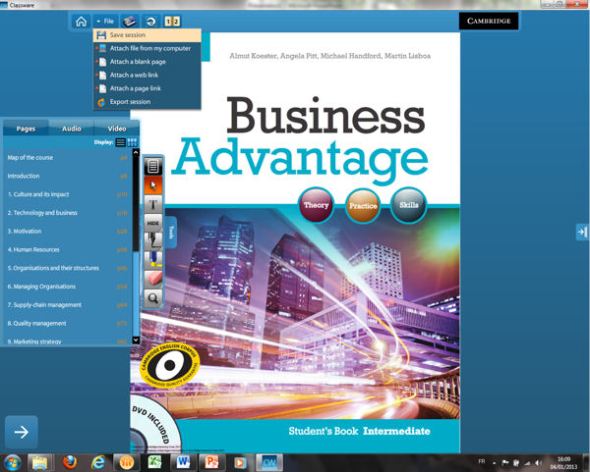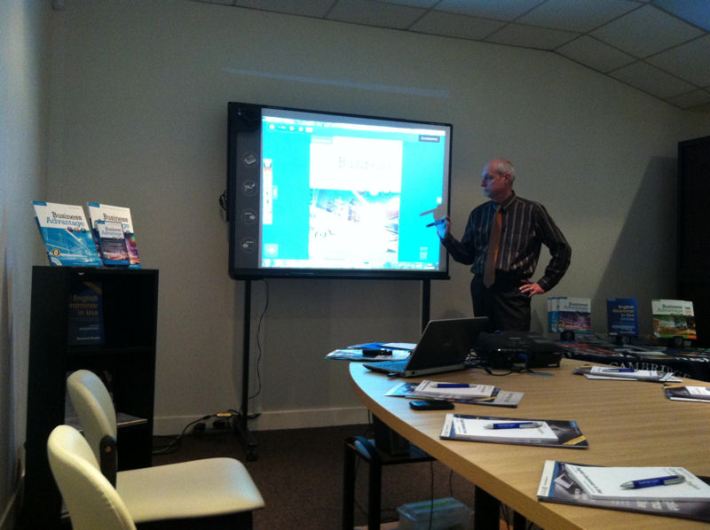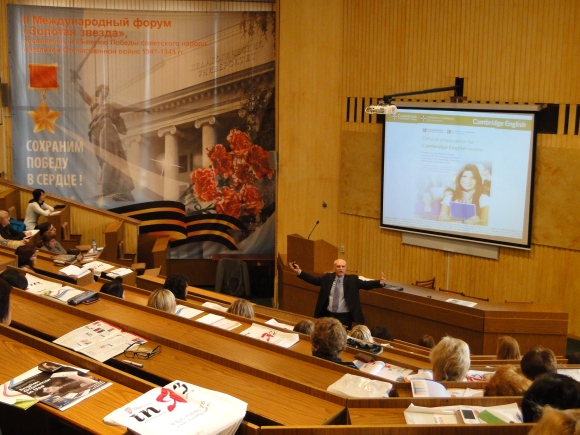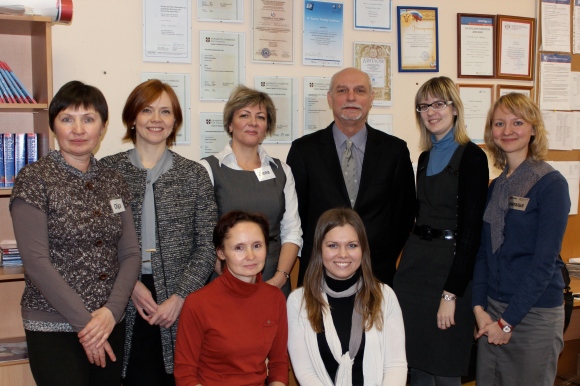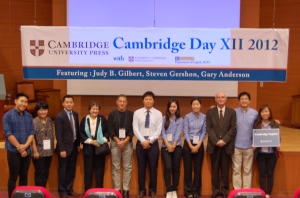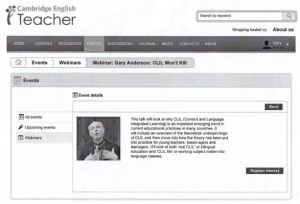What’s the buzz?
CEFR, ICT, CAT, LOA and Caryatids
Are you keeping up with the buzz words in ELT? I find keeping up with the multitude of new acronyms especially challenging. Assessment in particular appears to be one of those areas where lots is happening and where lots of acronyms crop up.
I was in Athens last month to give a talk on the new Cambridge English exams preparation series Compact. Since Athens was the birthplace of democracy, I started by asking the audience to vote on which of the four language skills are the most difficult for their learners. Unsurprisingly, the productive skills of speaking and writing came out ahead of listening and reading.
Of course, there are really five key skills, as I pointed out: the Common European Framework for References for Languages (CEFR, here we go!) divides speaking into two different skills: spoken production and spoken interaction. Cambridge English Exams test both these skills: pairs of candidates not only have to interact together, but each is also given an individual spoken production task.
We also saw a presentation of the short, flexible online Cambridge Placement Test (click to view a demo), which uses Information and Communication Technology (ICT) for Computer Adaptive Testing (CAT) to place students at the proper CEFR level from pre-A1 to C2. It does this by ‘adapting’ to give them questions which are either more or less difficult based on their response to the previous test item.
Another buzz word — and one that was new to me — was Learner Oriented Assessment (LOA). LOA integrates on-going tests and checks, often online, into materials so that each student follows a separate individualized learning path. Of course, teachers try to do this all the time in the form of differentiated learning.
Both CAT and LOA remind me of those ‘You’re the hero’ books I read when I was a boy… and of a lot of computer games for that matter!
Later on, I found time to follow my individual path through the Agora up to the Acropolis to re-visit my favourite site there: the famous Porch of the Maidens, with six draped female figures (caryatids) as supporting columns of part of the Ionic Erechteum temple. Apparently the Greek term karyatides means ‘maidens of Karyai’, an ancient Peloponnesian town; girls from there were considered especially beautiful, tall, strong, and, in this case, capable of supporting the weight of the porch roof while remaining graceful and feminine.
But back to pedagogy… are CEFR, ICT, CAT and LOA new acronyms for you? Have you learnt any other ELT buzz words recently? Please share! If you didn’t reply to the above poll before reading this post, maybe you could do so now. Looking forward to seeing the results and to reading and replying to any comments about any of the terms—or about your favourite part of the Acropolis.
Gary
Gary Anderson, Cambridge ELT International Teacher Trainer



 Posted by internationalteachertrainer
Posted by internationalteachertrainer 

